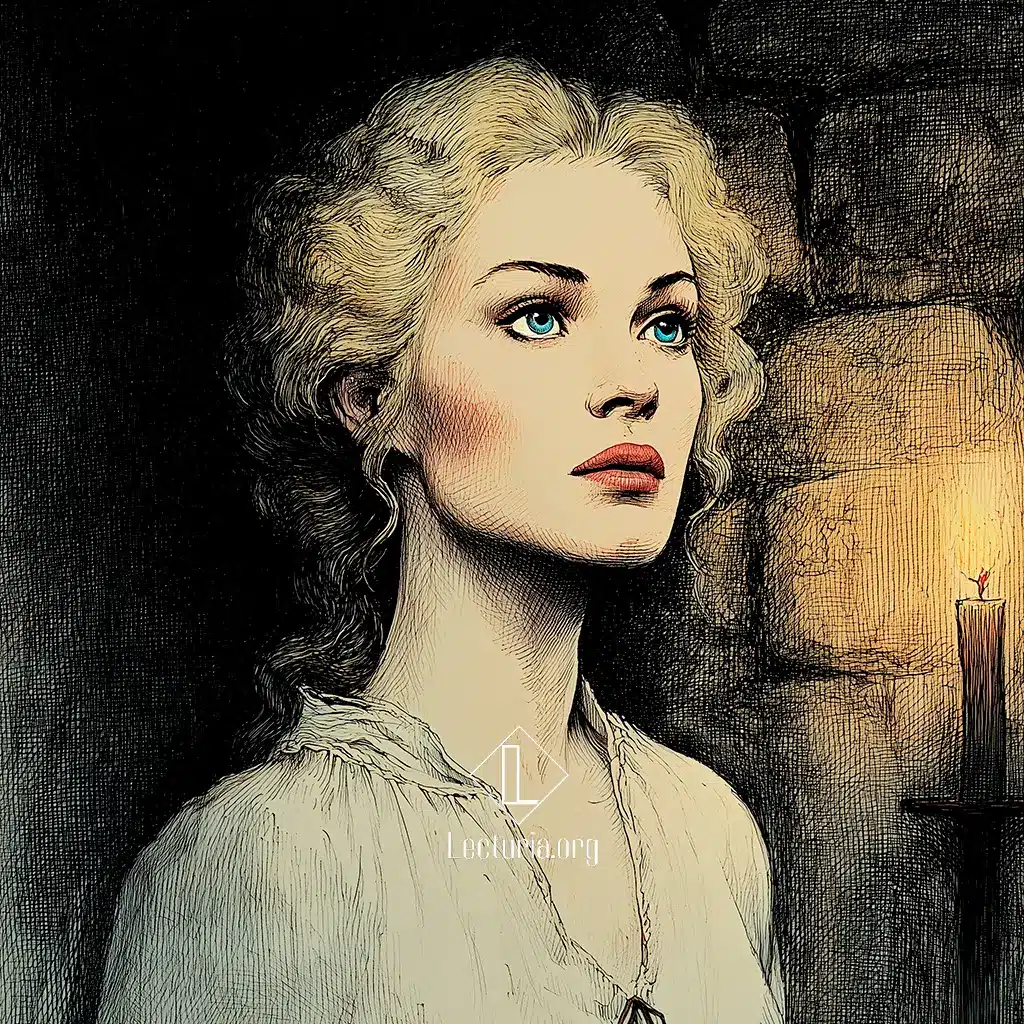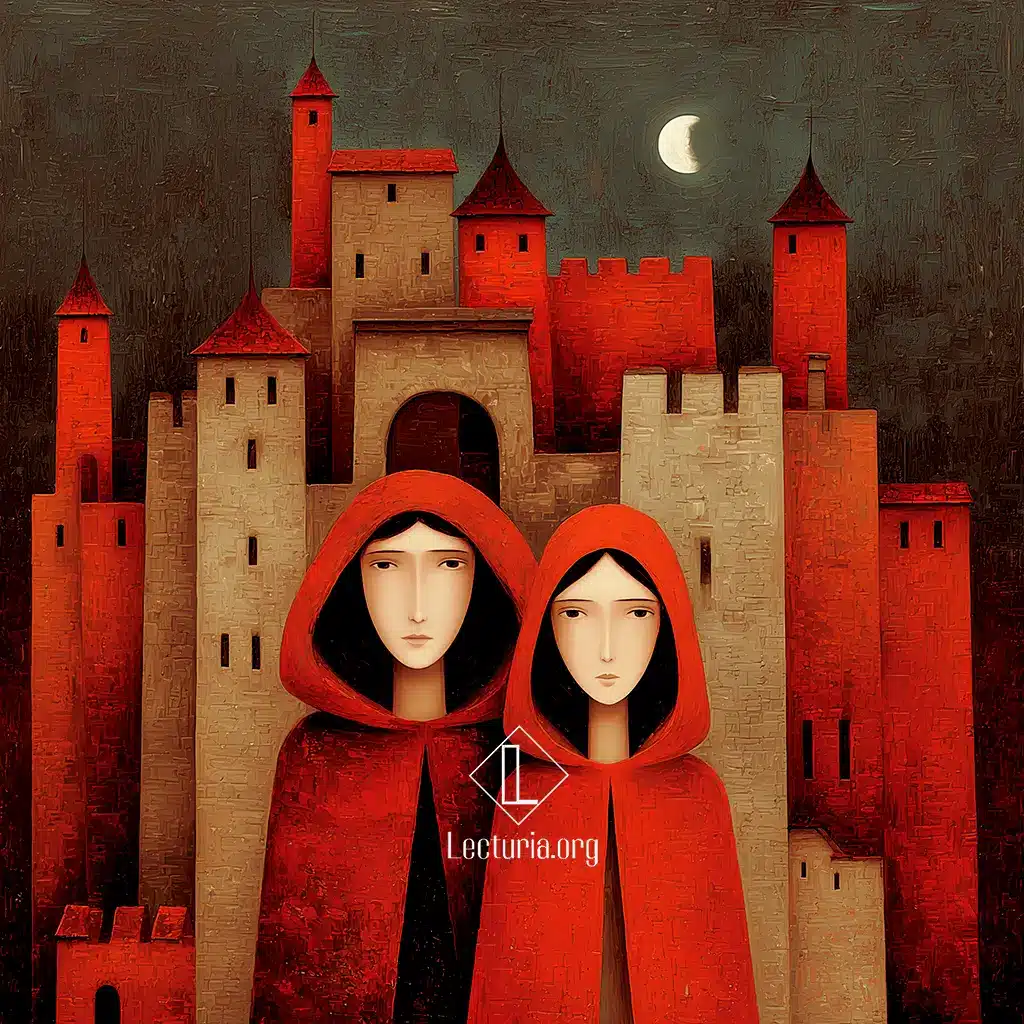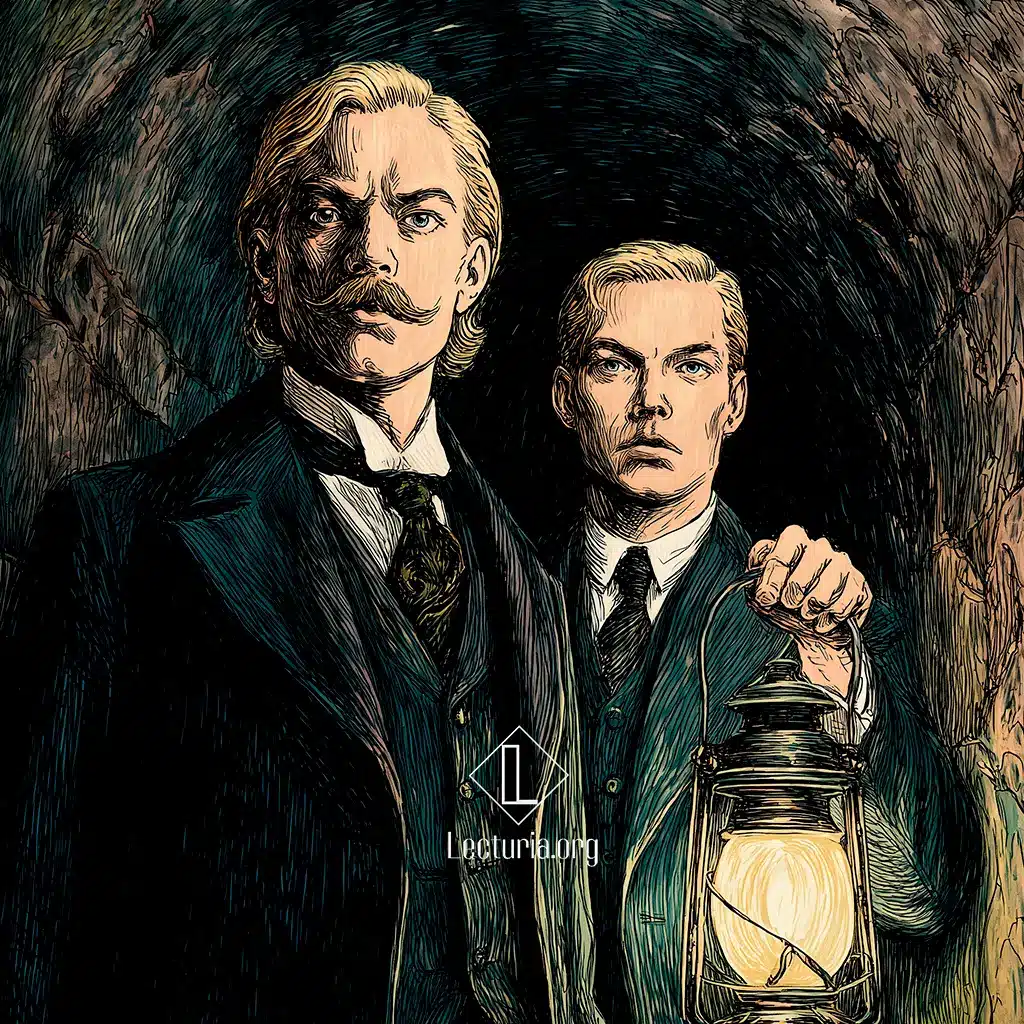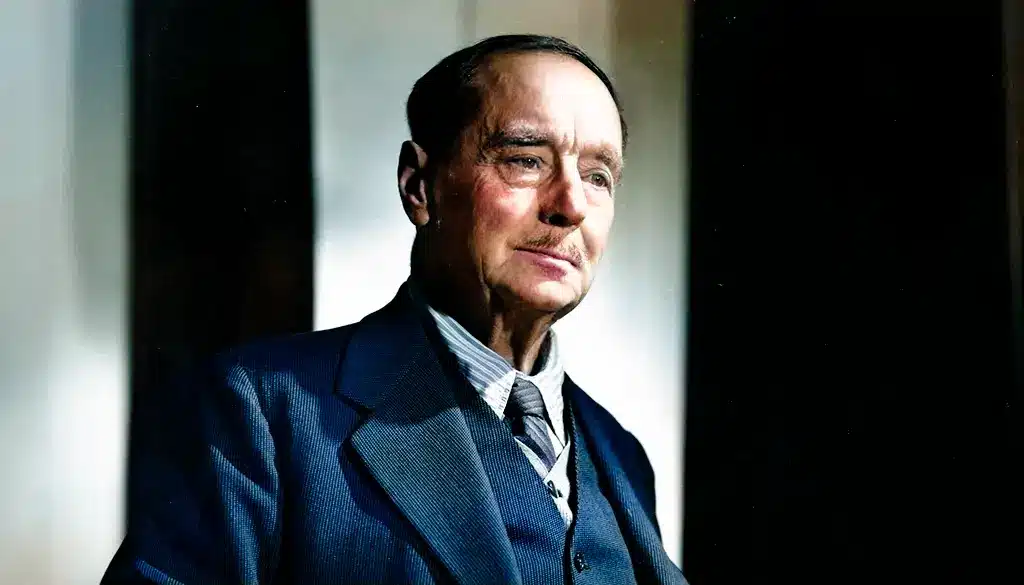Arthur Conan Doyle: The Leather Funnel
“The Leather Funnel” is a Gothic short story by Arthur Conan Doyle, published in November 1902 in McClure’s magazine. A man visits his friend Lionel Dacre, a wealthy collector of strange objects and occult books, in Paris. During his stay, an ancient and enigmatic leather funnel arouses the visitor’s curiosity. Dacre, convinced that certain objects retain traces of extreme experiences and can transmit them to sensitive minds, proposes a unique experiment to his guest: to sleep next to the funnel in order to access, through sleep, revelations about his dark past.





